(17321 products available)






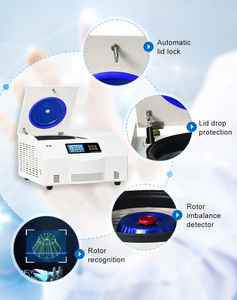










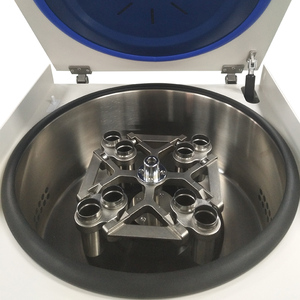


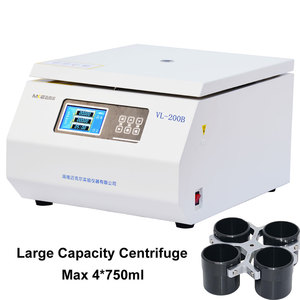








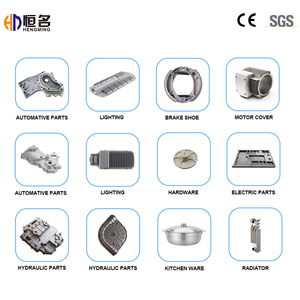













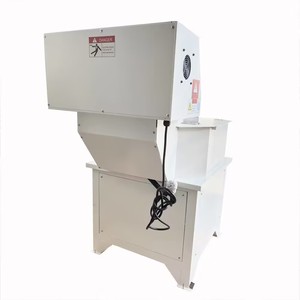
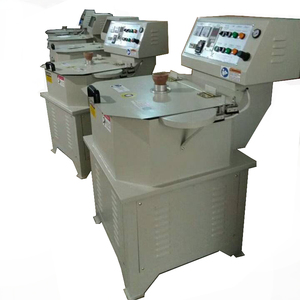


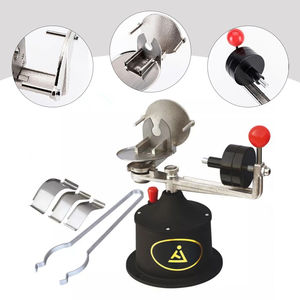
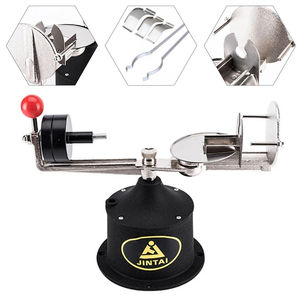




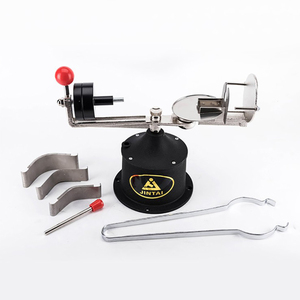

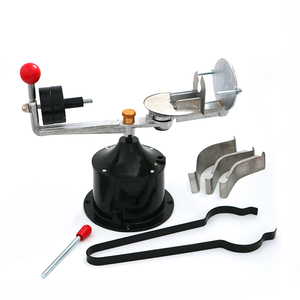
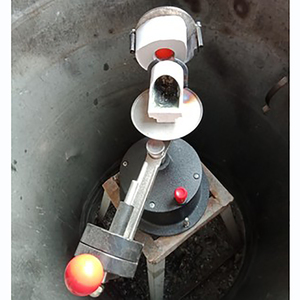



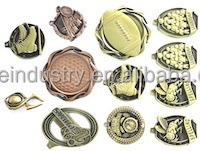

















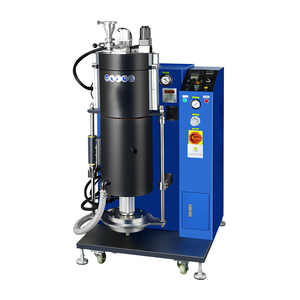
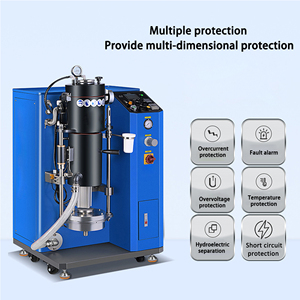


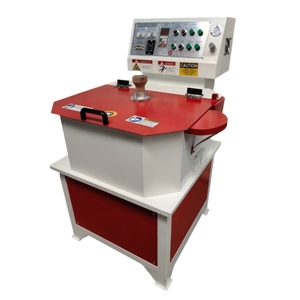
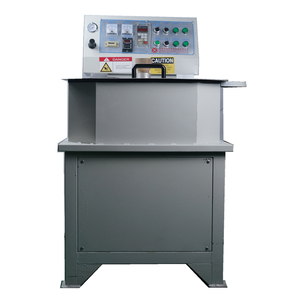
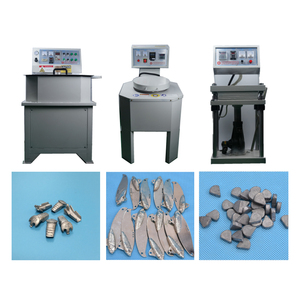





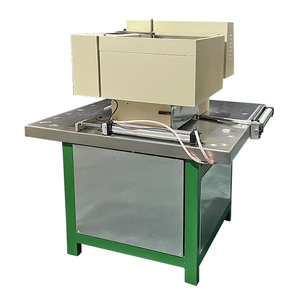

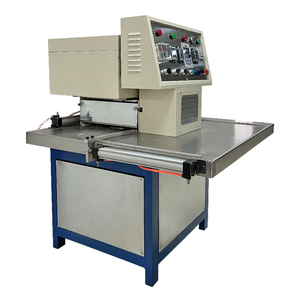






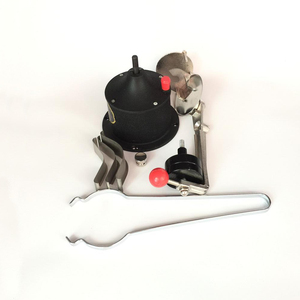
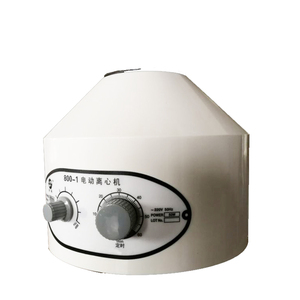
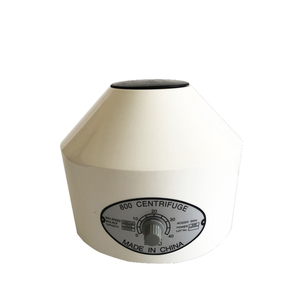

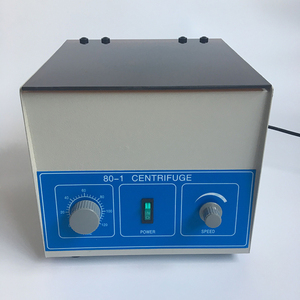

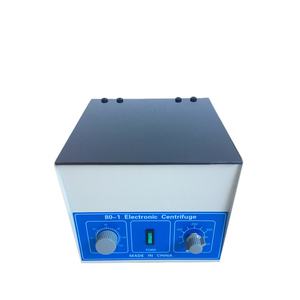




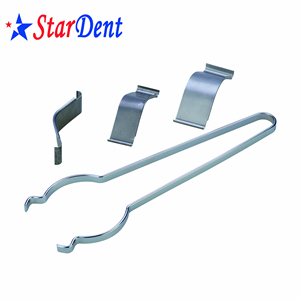




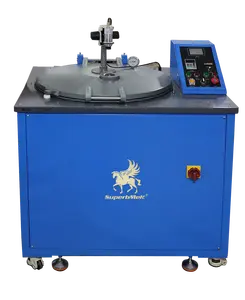
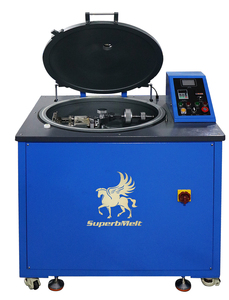




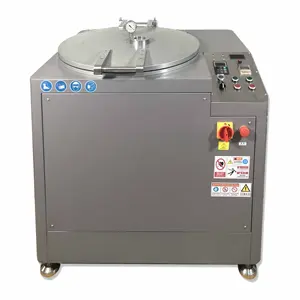
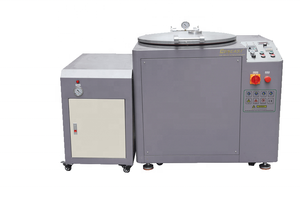

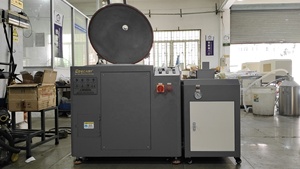








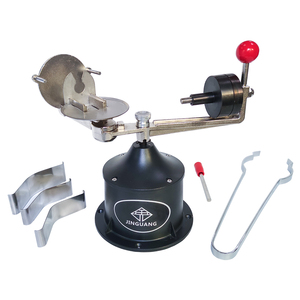
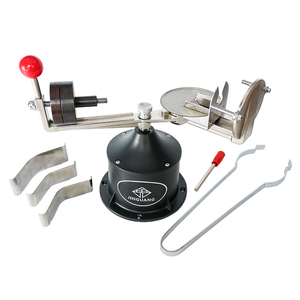
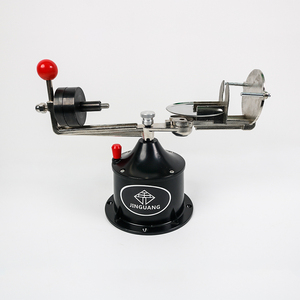




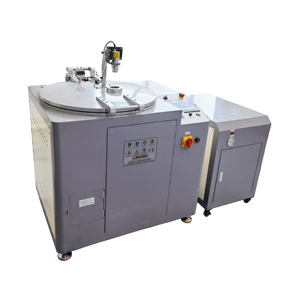



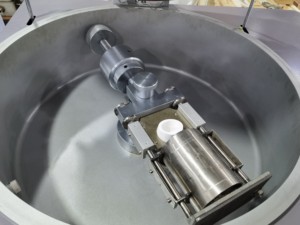



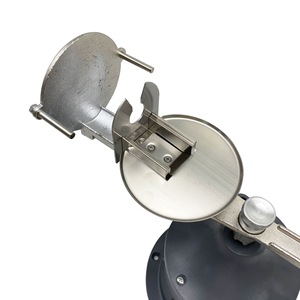








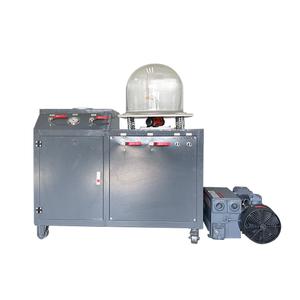

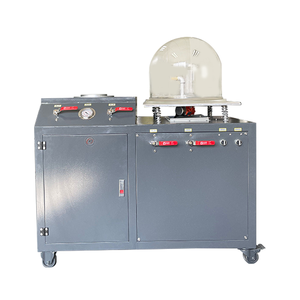


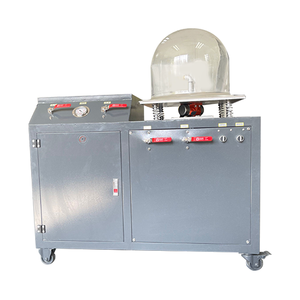








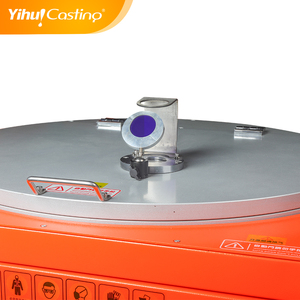
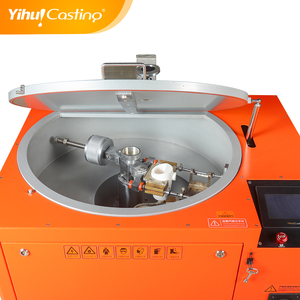





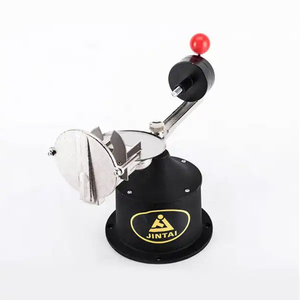


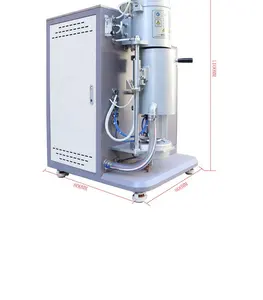










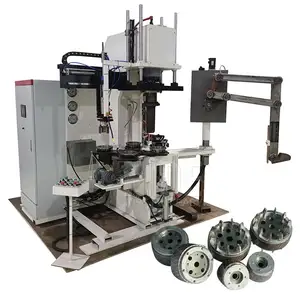


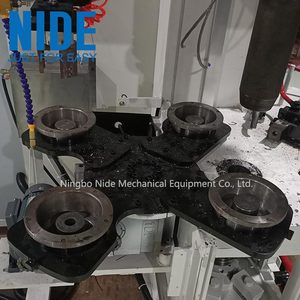



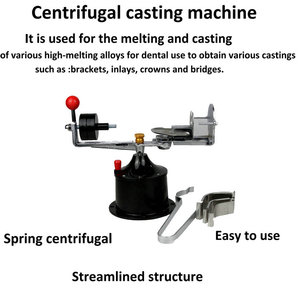








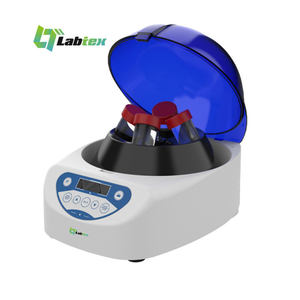
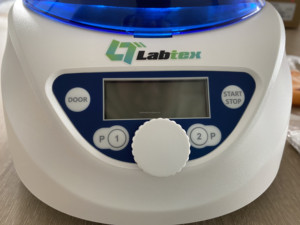







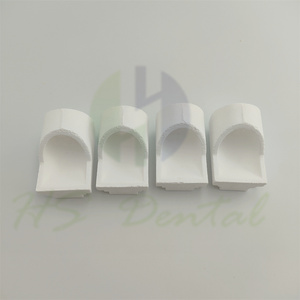


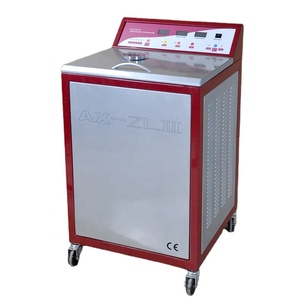



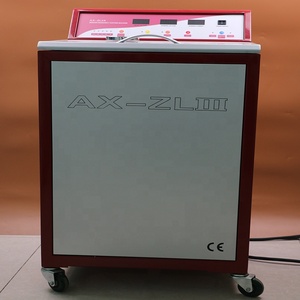



Centrifugal casting machines are devices used to manufacture cylindrical components such as pipes, tubes, and rings by utilizing centrifugal force to distribute molten metal into a mold. The process involves pouring metal into a spinning mold, where the centrifugal force pushes the molten metal against the mold walls, creating a hollow part once the metal solidifies. These machines are particularly common in the manufacturing industry for producing products with high-quality material properties. Browse for centrifugal casting equipment at Alibaba.com.
Centrifugal casting machines are used in various industries, including automotive, aerospace, and manufacturing. One of the most common applications is in the production of pipes and tubes. The centrifugal casting process allows for the creation of seamless, high-strength pipes, which are crucial in industries such as oil and gas, where the pipes must withstand high pressure and corrosion. Additionally, the ability to control the metal's microstructure during the casting process makes centrifugal casting ideal for creating complex-shaped components in industries like aerospace, where lightweight and high-strength materials are essential for aircraft and spacecraft parts. In the jewelry industry, centrifugal casting is used to create intricate designs with precious metals, resulting in high-quality finished products. Moreover, the medical sector employs centrifugal casting to produce biocompatible implants with precise dimensions and a dense microstructure.
Centrifugal casting machines offer several advantages, including the ability to produce high-quality and defect-free components. The centrifugal force ensures uniform distribution of molten metal, minimizing porosity and ensuring a fine-grained structure, resulting in components with improved mechanical properties and fatigue resistance. Furthermore, the directional solidification inherent in centrifugal casting allows for controlled grain orientation, enhancing the part's strength and durability. The process also eliminates the need for complex cores, making it cost-effective and suitable for producing near-net-shaped components, reducing material wastage and machining operations. In addition, the versatility of centrifugal casting machines enables the production of components in various sizes and materials, making them suitable for diverse applications in different industries. The ability to produce large, cylindrical components, such as turbine blades and industrial rolls, with enhanced metallurgical properties is particularly advantageous in industries where performance and reliability are paramount.
The materials used in centrifugal casting machines play a crucial role in determining the process's efficiency and the quality of the cast components. The mold materials should have high thermal conductivity, enabling rapid cooling of the molten metal and ensuring uniform solidification. Common mold materials include cast iron, steel, and graphite. Cast iron molds are durable and cost-effective, making them suitable for large-scale production of components like pipes and rolls. Steel molds offer higher strength and wear resistance, making them ideal for producing components with complex geometries and longer service life. Graphite molds are preferred for their excellent thermal shock resistance and ability to produce high-quality finishes in applications like centrifugal casting jewelry. The choice of mold material is dictated by factors such as the casting process, material being cast, and desired surface finish.